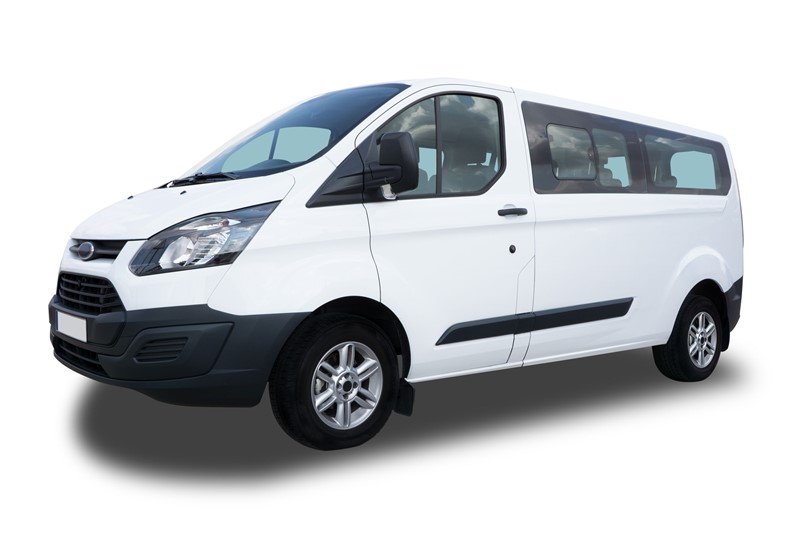There is a benefit-in-kind (BiK) trivial exemption that applies to small non-cash benefits like a bottle of wine, or a bouquet of flowers given occasionally to employees, or any other BiK classed as 'trivial' that falls within the exemption. By taking advantage of the exemption employers can simplify the treatment of BiKs whilst at the same time offering a tax efficient way to give small gifts to employees.
The trivial benefit rules provide a great opportunity to provide small rewards as an incentive to employees. The main caveat being that the gifts are not provided as a reward for services performed or as part of the employees’ duties. However, gifts to employees on milestone events such as the birth of a child or a marriage or other gestures of goodwill would usually qualify.
The employer also benefits as the trivial benefits do not have to be included on PAYE settlement agreements or disclosed on P11D forms. There is also a matching exemption from Class 1A National Insurance contributions.
The tax exemption applies to trivial BiKs where the BiK:
- is not cash or a cash-voucher; and
- costs £50 or less; and
- is not provided as part of a salary sacrifice or other contractual arrangement; and
- is not provided in recognition of services performed by the employee as part of their employment, or in anticipation of such services.
The rules also allow directors or other office-holders of close companies and their families to benefit from this relief but with an annual cap of £300. The £50 limit remains for each gift but could allow for up to £300 of non-cash benefits to be withdrawn per person per year. The £300 cap does not apply to employees. If the £50 limit is exceeded for any gift, the value of the benefit will be taxable.












